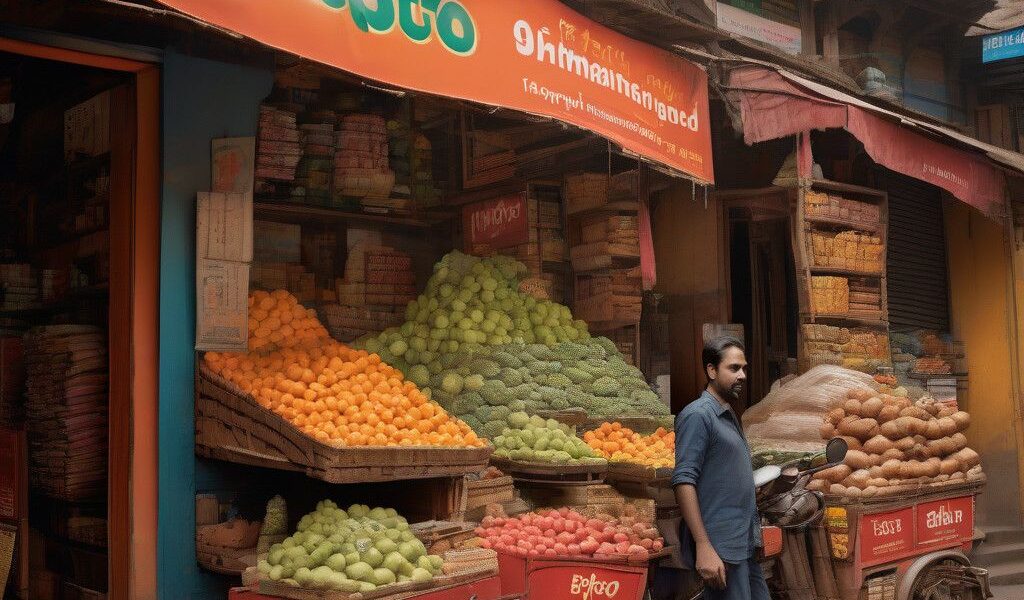Indian grocery delivery startup Zepto has made headlines recently by securing $350 million in a new funding round, marking its third significant funding influx within five months. Despite this substantial investment, the company maintains its existing valuation of $5 billion. This news underscores the surging demand for quick commerce services throughout India, a sector where Zepto has firmly established itself.
Operating out of Bengaluru, Zepto has now raised over $1.3 billion in 2024 alone. This figure is part of a wider pattern observed in the quick commerce industry, where grocery items, electronics, and other everyday products are delivered to consumers in mere minutes. By emphasizing the speed of service, Zepto has differentiated itself in a competitive landscape increasingly dominated by the expectation of convenience.
The recent $350 million funding round saw participation from various high-profile investors, including Motilal Oswal’s Private Wealth division. Noteworthy family offices, such as Mankind Pharma, RP Sanjiv Goenka Group, and Haldiram Snacks, were also instrumental in this funding round. Notable individuals, including Indian cricket legend Sachin Tendulkar and prominent actor Abhishek Bachchan, lent their financial support to this cause.
Historically, the trend toward quick commerce has disrupted traditional retail models, particularly affecting smaller mom-and-pop stores that cannot compete with the efficiency and speed offered by startups like Zepto. According to Datum Intelligence, the domestic quick commerce sector is on track to generate annual sales of approximately $6 billion in 2024, a significant increase from the $3.5 billion recorded in 2023.
In the competitive quick commerce landscape, Zepto is vying for market share against formidable rivals such as Zomato and Swiggy, both of which have ventured into this space with their own quick commerce arms: Blinkit and Instamart. The entry of industry giants like Mukesh Ambani’s Reliance further adds complexity to the competitive dynamics within the sector.
Zepto’s trajectory illustrates a broader shift in consumer behavior. The appeal of rapid delivery solutions aligns with the fast-paced lifestyle of urban consumers who prioritize convenience. Such shifts necessitate that retailers adapt their strategies to meet evolving demands, making investments in technology and logistics more crucial than ever.
The impressive funding success achieved by Zepto demonstrates investor confidence in the quick commerce model and its scalability. As the company continues to innovate and expand its services, it is set to play a leading role in shaping the future of grocery delivery not only in India but potentially in other markets as well.
Zepto’s feat in raising over $1.9 billion since its inception reflects the increasing recognition of quick commerce’s necessity for modern shopping experiences. With this latest financial boost, the company is well-positioned to enhance its operational capabilities and meet the ever-growing consumer expectations.
As the quick commerce industry matures, Zepto’s ability to sustain its momentum will depend on efficiently harnessing technology, expanding delivery networks, and possibly venturing into new product categories. Investors and consumers are keenly observing how the company leverages this financial support to solidify its market leadership.
In conclusion, Zepto’s recent funding round signifies more than just a financial milestone; it encapsulates the vibrant landscape of online grocery delivery in India and hints at an increasingly mobile and convenience-driven consumer base.











